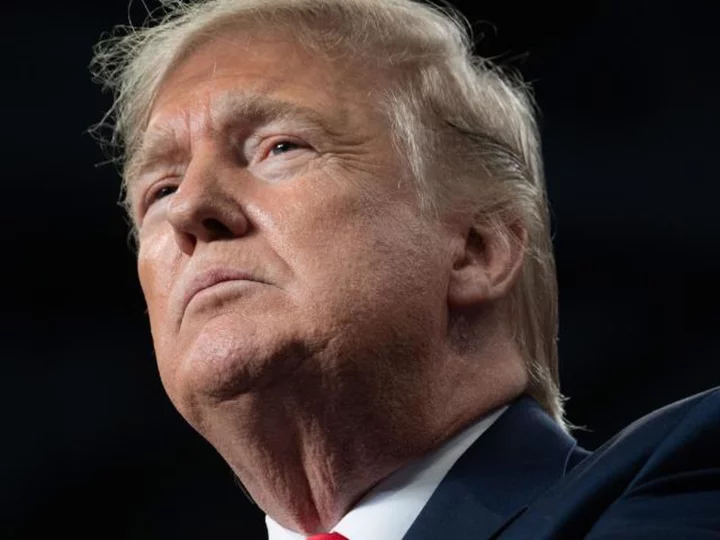Goldman Sachs Group Inc. became the latest bank to cut their forecasts for China’s economy, citing limited options to boost stimulus.
Analysts at Goldman lowered their estimates for China’s gross domestic product growth this year to 5.4% from 6% previously, according to a report dated Sunday. Any upcoming policy easing is unlikely to exceed those implemented in previous downturns including 2020, economists including Hui Shan said in the report.
Property and infrastructure stimulus will probably be “targeted and moderate” given the shrinking population, elevated debt levels and President Xi Jinping’s call for curbing property speculation, they wrote. “Going down the same old route of using property and infrastructure to engineer a strong economic rebound would be inconsistent with the type of ‘high-quality growth’ that the leadership has been emphasizing repeatedly,” the report said.
Expectations for more policy support including government spending to pay for infrastructure and also property easing measures were rising last week, with some analysts floating the possibility that central government may issue special-purpose bonds to fund projects. May data released last week showed the recovery was weakening and the central bank cut key policy interest rates to lower borrowing costs and boost sentiment.
The State Council, which is China’s cabinet and co-ordinates policy among central government ministries and the central bank, called for “more forceful” policies to support the economy on Friday, saying new measures are being studied and will be adopted in a “timely manner,” although it didn’t release a timeline or details.
“We judge that growth headwinds are likely persistent while policymakers are constrained by economic and political considerations in delivering meaningful stimulus,” said the Goldman economists. They don’t expect the central government to issue special sovereign bonds, as these have only been sold three times in the past during particularly difficult periods including the pandemic in 2020 and during the Asian Financial Crisis in 1998.
The government is also unlikely to launch another round of shantytown redevelopment like it did in 2015, they wrote, which injected central bank money into the property market to pay for urban renewal and also compensate households whose homes were demolished as part of that. That led to a surge in property prices and sales.
Instead, the government may accelerate the issuance of local government special bonds, which are mainly used for infrastructure construction, according to the analysts at Goldman. Authorities may also continue to ease property policies including lowering down-payment requirements, cutting mortgage interest rates and removing purchase restrictions in top-tier cities, they said.
Officials are also supporting industries considered as new growth drivers of the economy, such as high-end manufacturing and new energy vehicles. While supportive policies such as easier lending, tax cuts and subsidies are likely to continue or even increase, the impact on GDP growth is likely limited because these plans have already been in place for years, according to Goldman.









